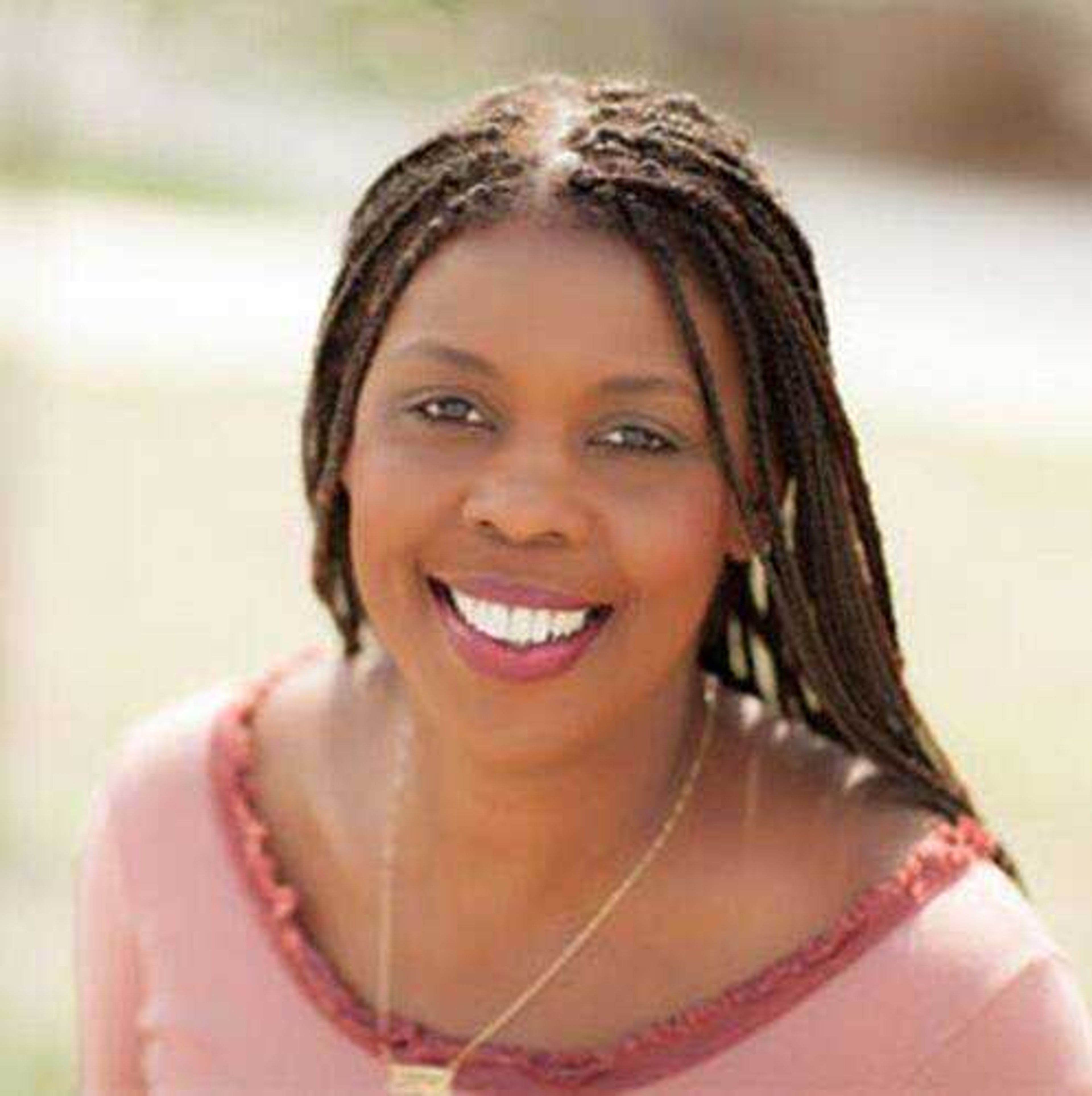Parker: What we must learn from Trump shooting
In light of the attempt on Donald Trump's life, Star Parker urges a return to the nation's founding principles, advocating for personal responsibility, respect, and a renewed sense of the sacred to heal our divided country.
We now have, as we would expect, a tsunami of commentary regarding the horrible assassination attempt on Donald Trump. It is not trivial to observe that at least the good news is that just about everyone agrees what happened is very bad and not an encouraging sign about the state of our nation.
After that point of agreement, we have many different and diverging opinions about who or what is to blame. Republicans, Democrats, Donald Trump, Joe Biden, etc., etc.
This act of violence against Donald Trump is, unfortunately, not a one-off in our nation today.
Rarely do we open the news and not read about murders, too often mass murders, to which we cannot even clearly ascribe a motive except that of a deranged individual looking for the supreme venting of his or her frustrations.
What strikes home about an assassination attempt of a political leader is not just the public position of the individual, but that we know who the victim is. We may be moved by news and statistics. But once a human face is put on a tragedy, once it is no longer just a dry statistic, it takes on a different dimension.
Once the human condition is before us, we start asking serious questions.
I believe Donald Trump was honest and sincere in his Truth Social post saying that "it was God alone who prevented the unthinkable from happening."
The late Claremont Institute scholar Harry V. Jaffa noted the importance of understanding the words in the Constitution's preamble, that its purpose is to "secure the blessings of liberty."
"A blessing," writes Jaffa, is "what is good in the eyes of God. It is a good whose possession — by the common understanding of mankind — belongs properly only to those who deserve it."
And Jaffa continues to remind us that the founders concluded the Declaration of Independence saying, "And for the support of this Declaration, with a firm reliance on the Protection of Divine Providence, we mutually pledge to each other our lives, our Fortunes, and our sacred Honor."
I regularly reference Gallup polling that points to the percentage of Americans satisfied with the way things are going in the country. Today it is barely more than 20%.
Most Americans feel there is something very wrong in our nation.
It is my great hope that what will come out of all this is a renewed sense that human freedom, the ideal on which our nation is founded, is rooted in the sacred. Each human life is unique so each must be free to live and express and do what no one else can.
And it is my hope that a renewed sense of the sacred will inspire personal humility that comes from appreciation that each of us is part of something greater than ourselves. And that this will inspire respect for others, knowing that each one is created in the image of God.
This, I hope, will stop the blame game and inspire everyone to double down in taking personal responsibility for a better world.
And that our sense of the sacred will extend to and include that magical moment when life is first conceived in the womb.
Abraham Lincoln gave his second inaugural address just 41 days before he was assassinated.
He spoke to a nation that could not have been more divided. Let's learn from Lincoln's great closing words that day.
"With malice toward none, with charity for all, with firmness in the right as God gives us to see the right, let us strive on to finish the work we are in to bind up the nation's wounds, to care for him who shall have borne the battle and for his widow and his orphan — to do all which may achieve and cherish a just and lasting peace among ourselves and with all nations."
Star Parker is president of the Center for Urban Renewal and Education.
Connect with the Southeast Missourian Newsroom:
For corrections to this story or other insights for the editor, click here. To submit a letter to the editor, click here. To learn about the Southeast Missourian’s AI Policy, click here.










